With so many smart TVs available, choosing the right one can feel overwhelming. The key is understanding the operating system (OS), which is the software that powers the TV. This OS determines how you navigate menus, which apps you can download, and how easily you can find your favorite shows. Knowing the differences between systems like Android TV, Tizen, webOS, and Roku OS will help you pick a TV that perfectly matches your viewing habits and makes your entertainment experience smooth and enjoyable.
What Exactly is a Smart TV Operating System?
Think of a smart TV’s operating system as the brain behind the screen. It’s the software that connects your television to the internet and manages all its advanced features. Without an OS, a smart TV would just be a regular TV, unable to stream from services like Netflix or browse the web.
This system provides the user interface—the menus and icons you interact with using your remote. It’s responsible for launching applications, remembering your settings, and even connecting to other smart devices in your home.
The choice of operating system directly impacts your daily experience with the TV. It defines how easy it is to find what you want to watch, how quickly apps load, and what content is available to you. A good OS feels fast and intuitive, while a poorly designed one can make even simple tasks frustrating.
The Most Popular Smart TV Operating Systems
When you shop for a smart TV, you’ll likely encounter a few major operating systems. Each is backed by a major tech company and offers a unique experience. Understanding the main players is the first step in making an informed decision.
The market is dominated by a handful of platforms. Google’s Android TV (and its newer version, Google TV) is used by various manufacturers like Sony and Hisense. Samsung uses its own Tizen OS, while LG equips its TVs with webOS. Finally, Roku OS is famous for its simplicity and is found on Roku’s own streaming devices as well as TVs from brands like TCL.
Each of these systems has its own dedicated app store, user interface, and special features. For example, some are better integrated with certain smart home ecosystems, while others are praised for their ease of use.
How to Compare Different TV Operating Systems
Choosing the best smart TV OS depends on your personal preferences. Some people prioritize a massive app library, while others want the simplest navigation possible. To make the right choice, you should evaluate each platform based on a few key criteria.
The three most important factors to consider are the user interface, app availability, and overall performance. A clean interface makes finding content a breeze. A wide selection of apps ensures you can access all your favorite streaming services. Finally, good performance means no frustrating lag when you’re switching between apps or browsing menus.
Here is a quick comparison of the leading operating systems:
| Criteria | Android TV / Google TV | Tizen OS (Samsung) | webOS (LG) | Roku OS |
|---|---|---|---|---|
| User Interface | Content-focused, recommendations | Clean, minimalist bottom bar | Point-and-click with Magic Remote | Simple, grid-based layout |
| App Availability | Excellent (Google Play Store) | Very Good (All major apps) | Very Good (All major apps) | Excellent (Thousands of channels) |
| Unique Feature | Built-in Chromecast & Google Assistant | Seamless Samsung ecosystem integration | Magic Remote motion control | Unmatched simplicity and ease of use |
Android TV and Google TV: Google’s Dominant Platform
Android TV, developed by Google, is one of the most versatile and powerful smart TV operating systems available. It leverages the massive ecosystem of the Google Play Store, giving you access to thousands of apps, games, and services right on your television. Brands like Sony, TCL, and Hisense often use this platform.
One of its biggest advantages is the deep integration with Google services. Every Android TV has Google Assistant built-in, allowing you to use your voice to search for content, control playback, and even manage smart home devices. It also features a built-in Chromecast, making it incredibly easy to stream content from your phone or tablet directly to the TV screen.
In recent years, Google has started rolling out Google TV, which is not a new OS but rather an enhanced interface that runs on top of Android TV. Google TV focuses more on personalized content recommendations, pulling shows and movies from all your subscribed services into one organized home screen.
Tizen vs. webOS: The Battle of the TV Giants
Samsung and LG are two of the biggest names in the television industry, and each has developed its own impressive operating system. Samsung TVs run on Tizen OS, while LG TVs use webOS. Both are known for being fast, polished, and easy to use, but they have distinct differences.
Tizen OS features a minimalist “Smart Hub” bar at the bottom of the screen that gives you quick access to apps and settings without interrupting what you’re watching. It’s known for its zippy performance and excellent integration with other Samsung products, such as smartphones and smart appliances.
On the other hand, LG’s webOS is celebrated for its unique “Magic Remote.” This motion-controlled remote lets you point and click on the screen, similar to a computer mouse, which makes navigation incredibly intuitive. The webOS interface also uses a launcher bar at the bottom, featuring colorful, card-like icons for apps and inputs. Many users find webOS to be one of the most user-friendly platforms on the market.
Roku OS: The Champion of Simplicity
If you value simplicity above all else, Roku OS is likely the best choice for you. Originally developed for Roku’s popular streaming players, the OS is now built into smart TVs from manufacturers like TCL, Hisense, and Philips. Its design philosophy is straightforward: make streaming easy for everyone.
The Roku home screen is a simple grid of icons for your favorite channels (apps), making it impossible to get lost in complex menus. It doesn’t clutter the screen with recommendations you didn’t ask for. Instead, it gives you direct access to your content. Roku also boasts one of the largest app libraries, referred to as the “Roku Channel Store,” with thousands of streaming options available.
Roku’s universal search feature is another highlight. When you search for a movie or show, Roku checks across all major services to show you where it’s available to watch for free or at the lowest price. This focus on user-friendliness and content accessibility has made Roku OS a favorite for millions.
Future of Smart TV OS: What to Expect Next?
Smart TV operating systems are constantly evolving. Manufacturers are focused on making them smarter, faster, and more integrated into our daily lives. In the coming years, you can expect to see significant advancements in two key areas: smart home integration and artificial intelligence.
Your TV is no longer just for watching content; it’s becoming the central hub for your smart home. Future operating systems will offer even deeper integration with Internet of Things (IoT) devices.
- Imagine adjusting your smart thermostat directly from your TV screen.
- Get a notification on your TV when your smart doorbell rings, showing you a live video feed.
- Use your TV’s voice assistant to control the lights, locks, and other connected devices throughout your home.
Artificial intelligence (AI) will also play a much bigger role. AI algorithms will get better at learning your viewing habits to provide highly personalized content recommendations. This means less time searching and more time watching. Voice assistants will become more conversational and capable, understanding complex commands and providing more useful responses.
Frequently Asked Questions about Smart TV Operating Systems
Which smart TV operating system has the most apps?
Android TV (and Google TV) generally has access to the most apps because it uses the Google Play Store, which is a massive library of applications. Roku OS is also a top contender with thousands of “channels” available.
Can I change the operating system on my smart TV?
No, it is generally not possible to change the operating system on a smart TV. The OS is deeply integrated with the TV’s hardware. It’s best to choose a TV that already has the operating system you prefer.
What is the difference between Android TV and Google TV?
Google TV is not a separate operating system; it’s a newer, more personalized user interface that runs on top of the underlying Android TV OS. It focuses heavily on recommending content from all your streaming services in one place.
Do all smart TVs receive software updates?
Most manufacturers provide software updates for their smart TVs to add new features, fix bugs, and improve security. However, the frequency and duration of these updates can vary significantly between different brands and models.
Which OS is the most user-friendly for beginners?
Many users find Roku OS and LG’s webOS to be the most user-friendly. Roku’s simple grid interface is very easy to navigate, while the Magic Remote that comes with LG’s webOS makes pointing and clicking on apps feel very intuitive.

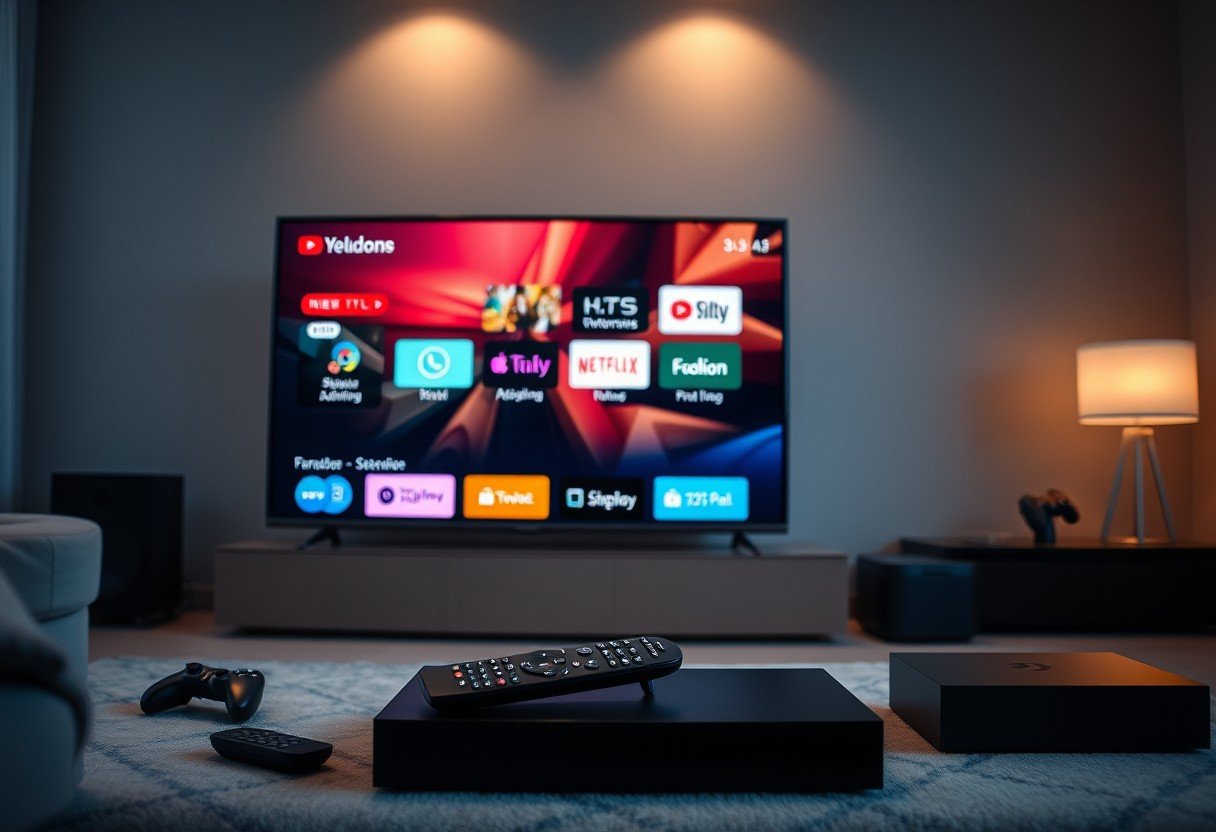


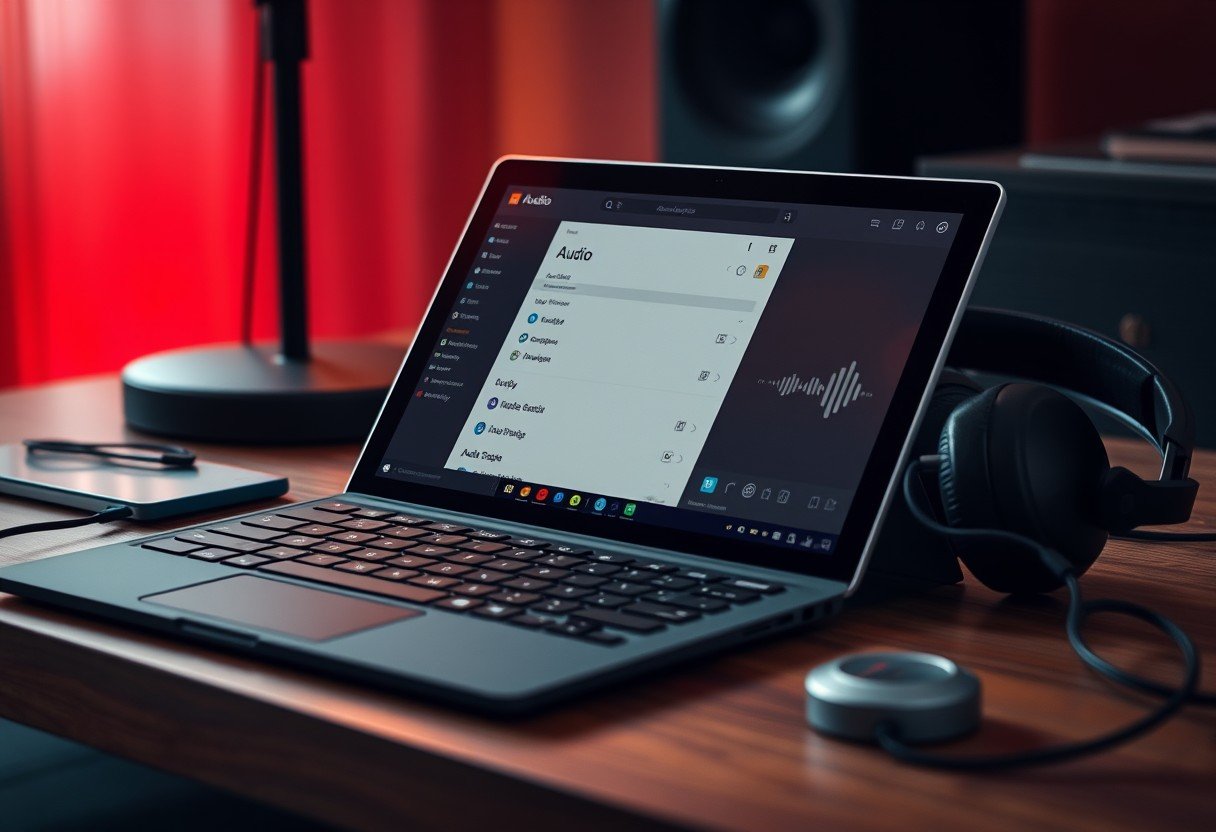
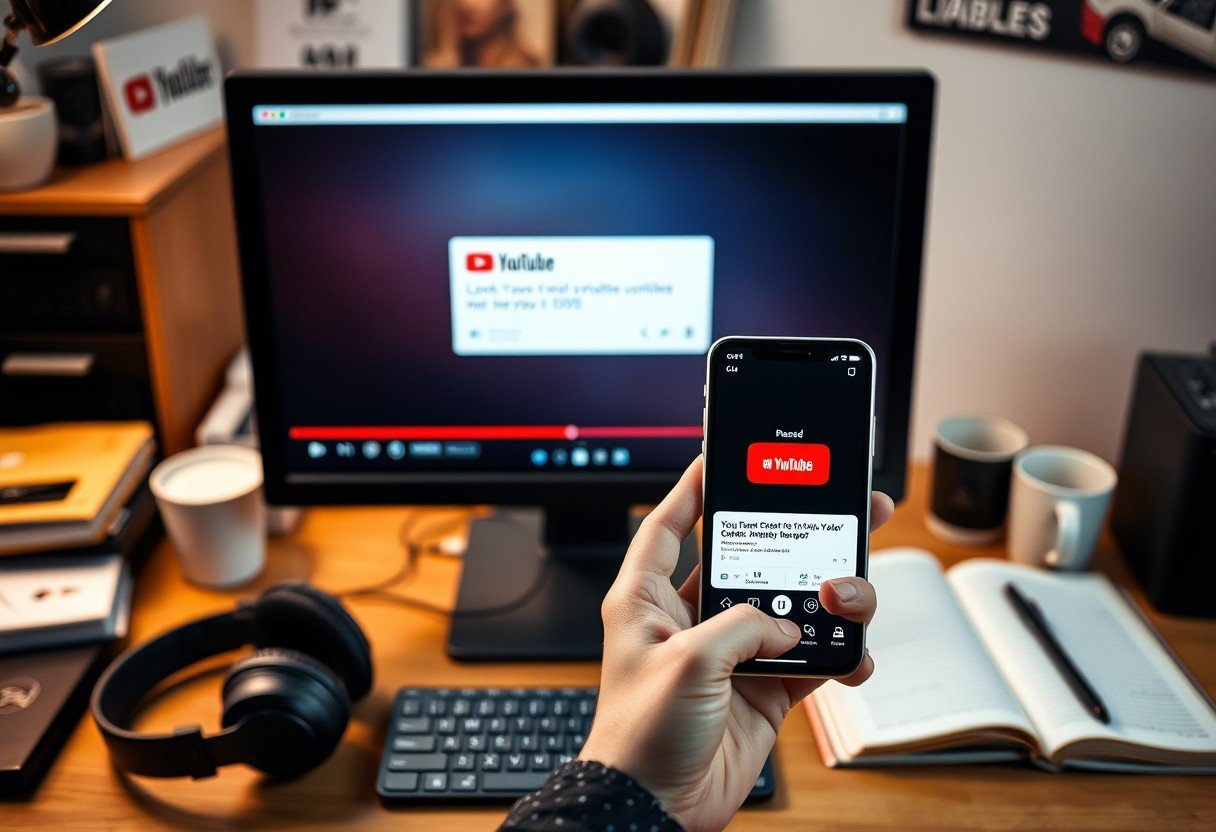
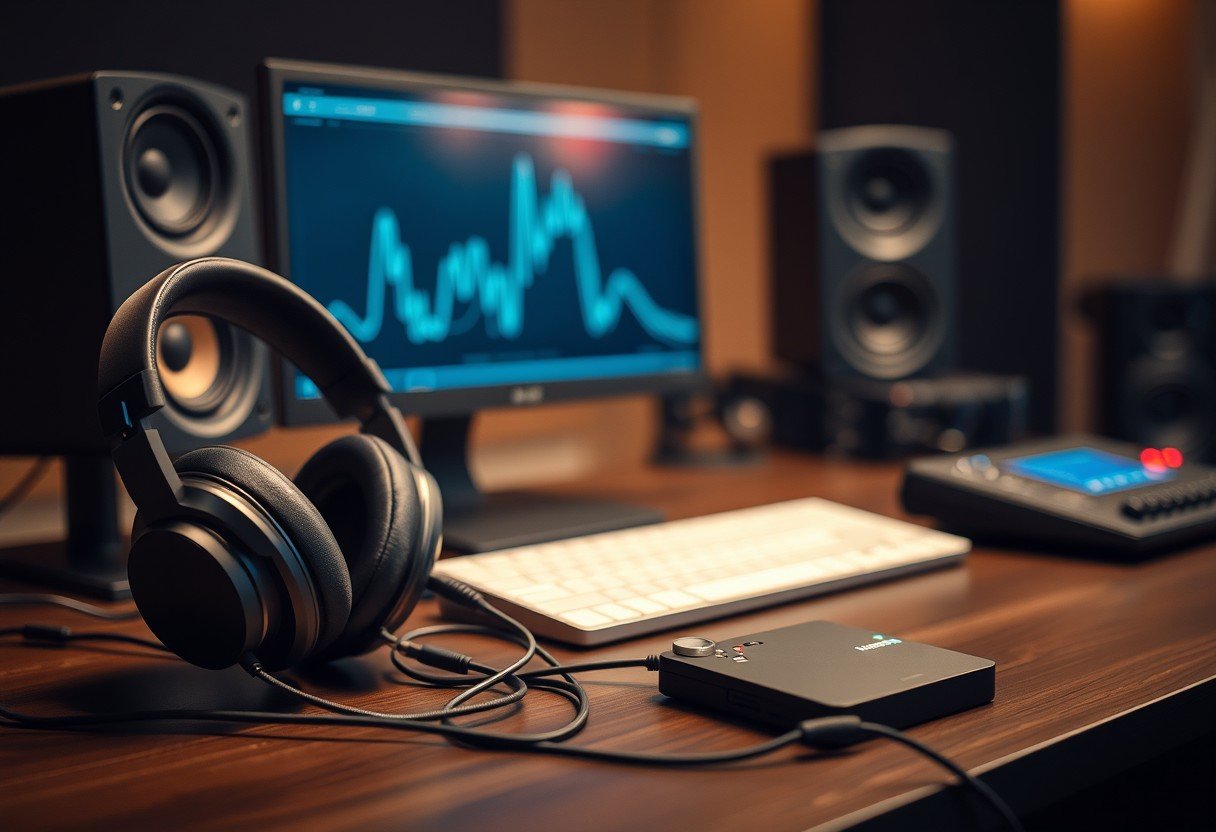
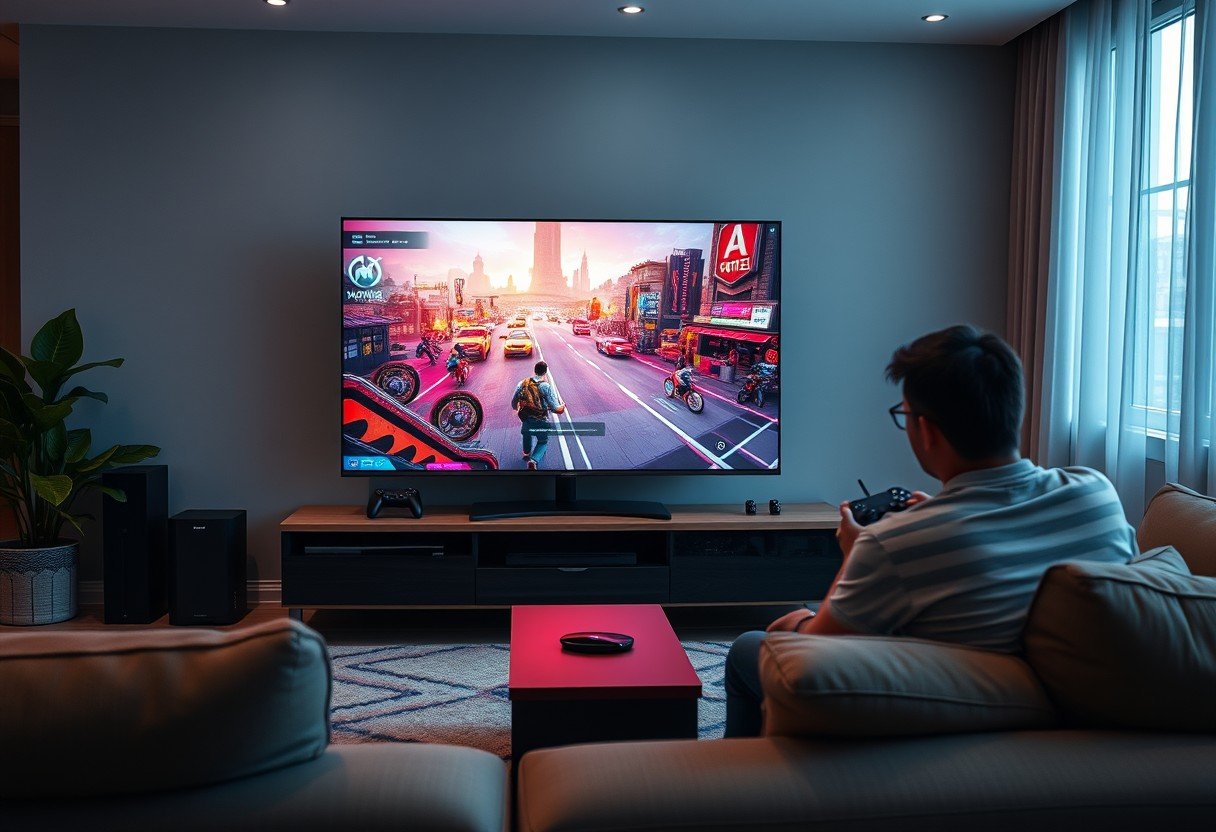
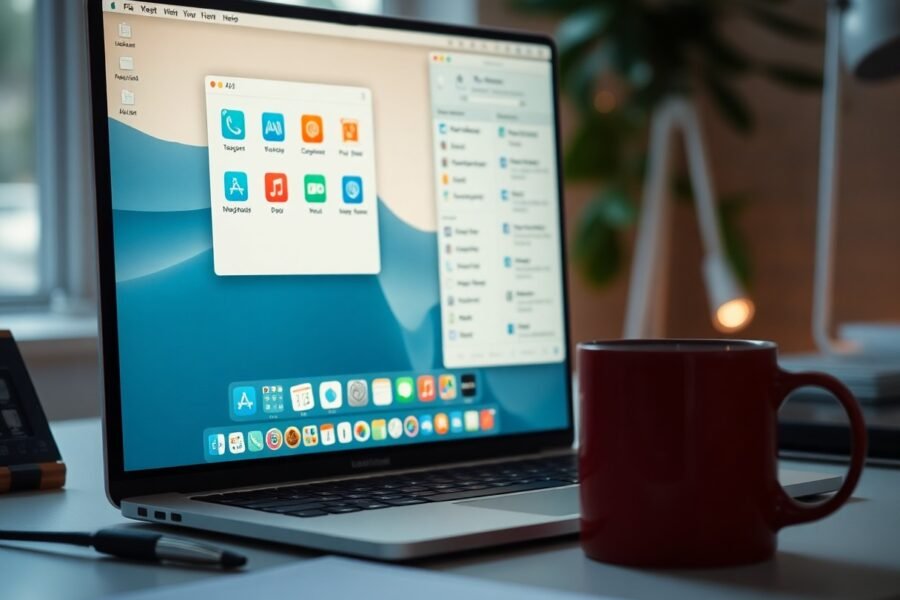
Leave a Comment